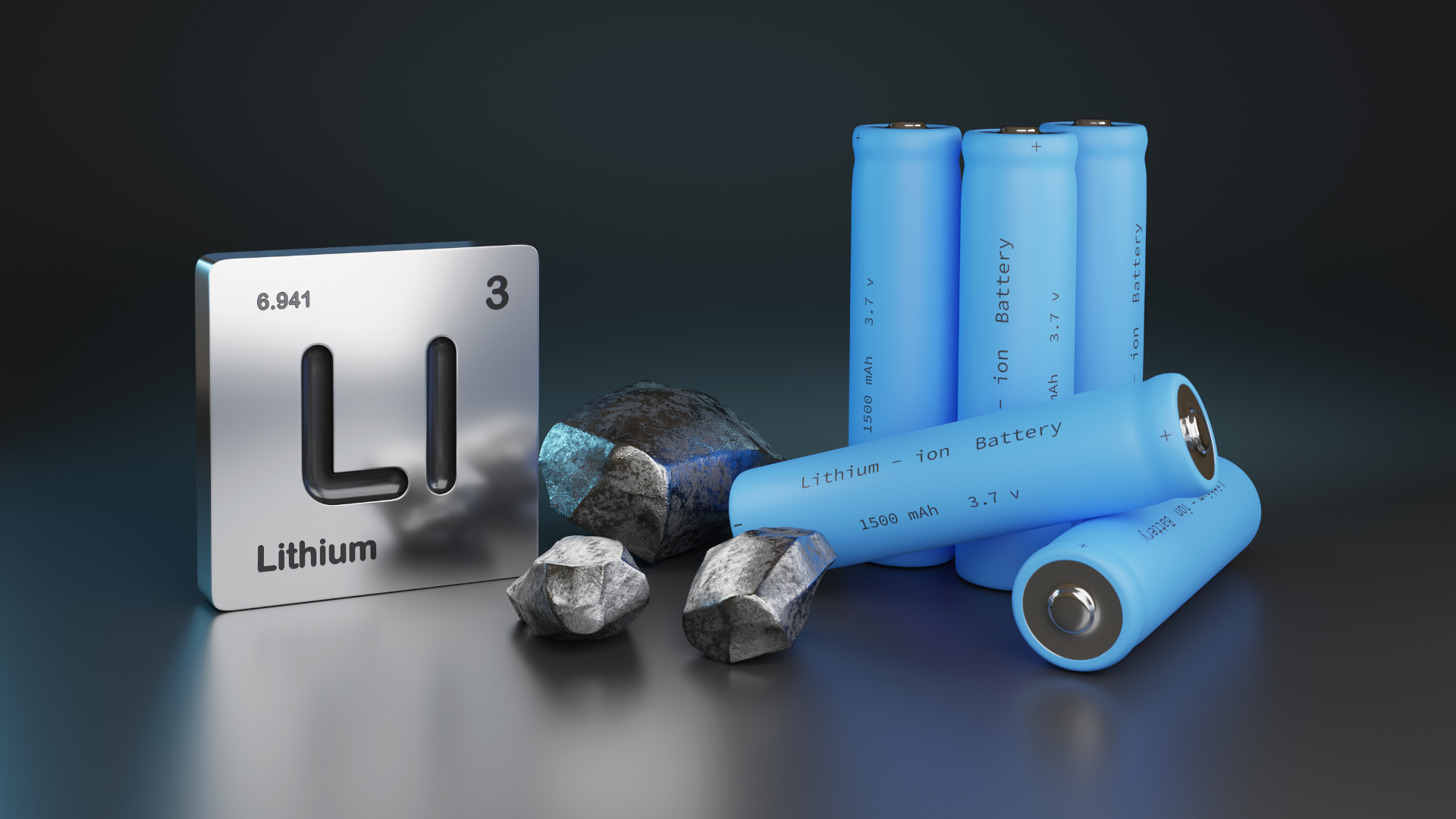India's recent discovery of large reserves of lithium, a pivotal constituent in the fabrication of electric vehicles, has sparked excitement and optimism in the global EV sector. The discovery holds immense potential for the growth and development of the EV industry, not just in India, but also on a global scale. Lithium is a critical component in the production of high-performance batteries used in electric vehicles, and India's newly found reserves could position the country as a major player in the global eMobility market.
The country has recently uncovered its treasure of white gold in one of its Union territories on February 9th, 2023. The Ministry of Mines announced that the Geological Survey of India has, for the first time, identified inferred lithium resources of 5.9 million tons in the Salal-Haimana area of the Reasi district in Jammu & Kashmir. The news has created a buzz in the eMobility market and has the potential to become a game changer in India's shift towards a green economy.
Lithium, a key component in electric vehicle batteries, has become a highly sought-after metal in the race to electrify the global transportation sector. Lithium-ion batteries are favoured over other types of batteries due to their high energy density, long cycle life, and relatively low self-discharge rate. This makes them ideal for use in EVs as they can store a lot of energy needed to power the vehicle over long distances.
With the world's increasing focus on sustainability and reducing carbon emissions, the demand for lithium is only set to rise in the coming years. As the demand for electric vehicles (EVs) rises, the discussion surrounding global lithium reserves has become increasingly relevant. The world will require a minimum of 2 billion EVs due to current levels of carbon emissions. However, the World Economic Forum (WEF) predicts that there may be a lithium shortage as early as 2025, which could impact the production of EV batteries and limit the ability to scale up EV production to meet the growing demand. The demand for batteries is expected to increase dramatically and many countries are racing to secure their supplies of lithium and other critical minerals.
As per the current global known reserves of lithium, Chile has the world’s largest known lithium reserves of 9.2 million tonnes followed by Australia (5.7 million tonnes), Argentina (2.2 million tonnes), and China (1.5 million tonnes). These countries are the top lithium producers globally, and their reserves make up a significant proportion of the world's known lithium deposits. India currently imports the majority of its lithium from Australia and South America. However, the news of the recent discovery of lithium deposits in India could change the dynamics of the lithium market.
India has already taken steps to promote the domestic production of lithium-ion batteries and other components of EVs by introducing various policy initiatives, such as the National Electric Mobility Mission Plan (NEMMP) and Faster Adoption and Manufacturing of Hybrid and Electric Vehicles (FAME) scheme. The development of the domestic lithium industry could have far-reaching benefits for the Indian economy. Apart from reducing the import bill and creating employment opportunities, it could also boost the government's efforts to promote electric mobility and clean energy transition. The availability of domestic lithium could make electric vehicles more affordable and accessible for Indian consumers, which could, in turn, reduce the country's carbon footprint and thus spur greater adoption of electric vehicles.
Currently, China dominates the global market for lithium-ion batteries, accounting for about 80% of the world's supply. However, with India's significant lithium reserves and its growing focus on electric mobility, the country could emerge as a major player in the global EV market. The availability of domestic lithium could make battery production more cost-effective and efficient, thereby reducing the prices of electric vehicles and making them more affordable to the masses.
In conclusion, the discovery of lithium deposits in India has the potential to not only revolutionise the country's domestic lithium industry but also transform the global eMobility market. By positioning itself as a major supplier of lithium-ion batteries and other components of EVs, India could create new opportunities for itself and significantly impact the global transition towards clean energy and sustainable mobility.


